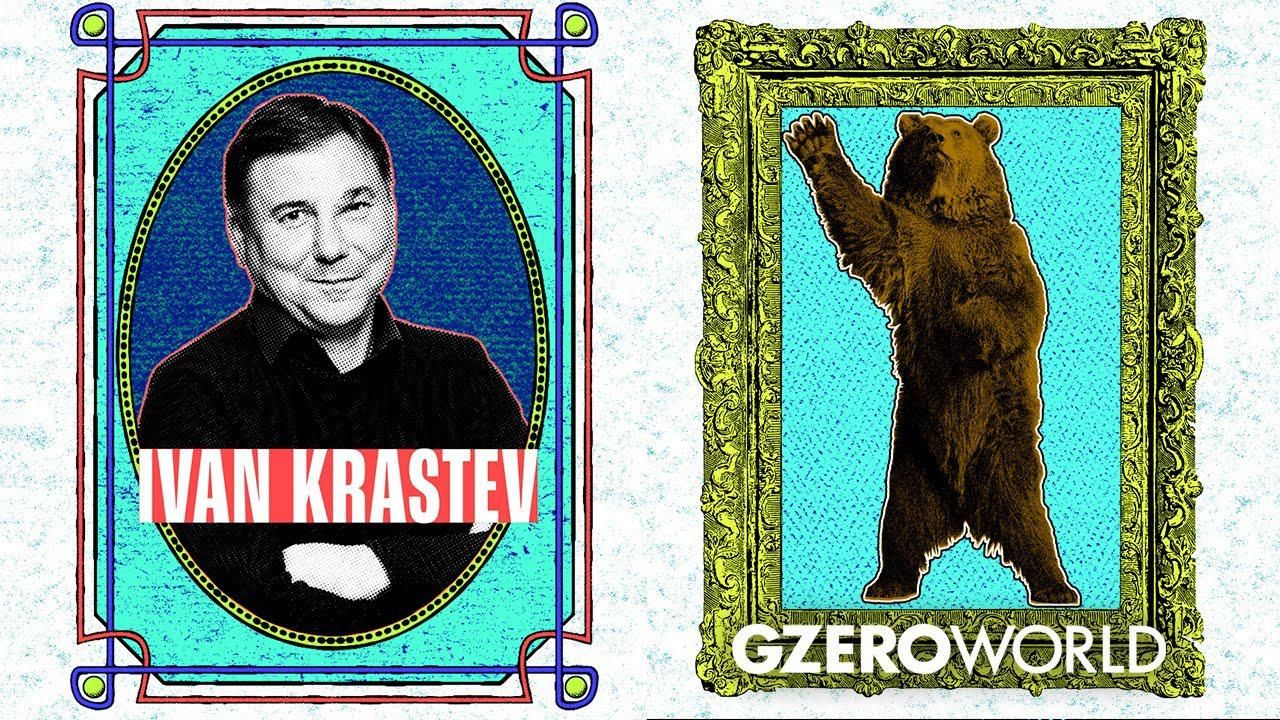GZERO World Clips
Putin's mistakes have characterized the war in Ukraine

Putin's Mistakes Have Characterized the War in Ukraine | Interview with Ivan Krastev | GZERO World

Joe Biden said invading Ukraine would cost Russia and Vladimir Putin dearly, and indeed, not much has gone Putin's way. But what options does Putin have? Ian Bremmer speaks with Ivan Krastev, political scientist and author of After Europe, who believes Putin has the autocrat's curse: his back is against the wall because he can't be perceived as weak. For Krastev, Putin miscalculated in Ukraine — but in a much deeper way than how the invasion is playing out so far. Krastev offers three explanations: Putin never accepted that the Soviet Union collapsed because communism did, he thought the West is in such decline that he'd get away with it, and Putin wants to fix all Russia's problems in his lifetime.
His "special military operation" has become a punishment because he can't convert Ukrainians, says Krastev. Putin's state media has convinced many Russians that they are really fighting the West. Krastev unpacks many of Putin's problems, including his long-term fear of a shrinking Russian population, his miscalculations about the war, and why his biggest blunder has been to misread Ukrainians. Krastev believes Putin is certainly unhappy with how the war is progressing on the ground, but views himself fighting a longer and more consequential battle with the West.
In this Quick Take, Ian Bremmer addresses the killing of Alex Pretti at a protest in Minneapolis, calling it “a tipping point” in America’s increasingly volatile politics.
Who decides the boundaries for artificial intelligence, and how do governments ensure public trust? Speaking at the 2026 World Economic Forum in Davos, Arancha González Laya, Dean of the Paris School of International Affairs and former Foreign Minister of Spain, emphasized the importance of clear regulations to maintain trust in technology.
Will AI change the balance of power in the world? At the 2026 World Economic Forum in Davos, Ian Bremmer addresses how artificial intelligence could redefine global politics, human behavior, and societal stability.
Ian Bremmer sits down with Finland’s President Alexander Stubb and the IMF’s Kristalina Georgieva on the sidelines of the World Economic Forum to discuss President Trump’s Greenland threats, the state of the global economy, and the future of the transatlantic relationship.